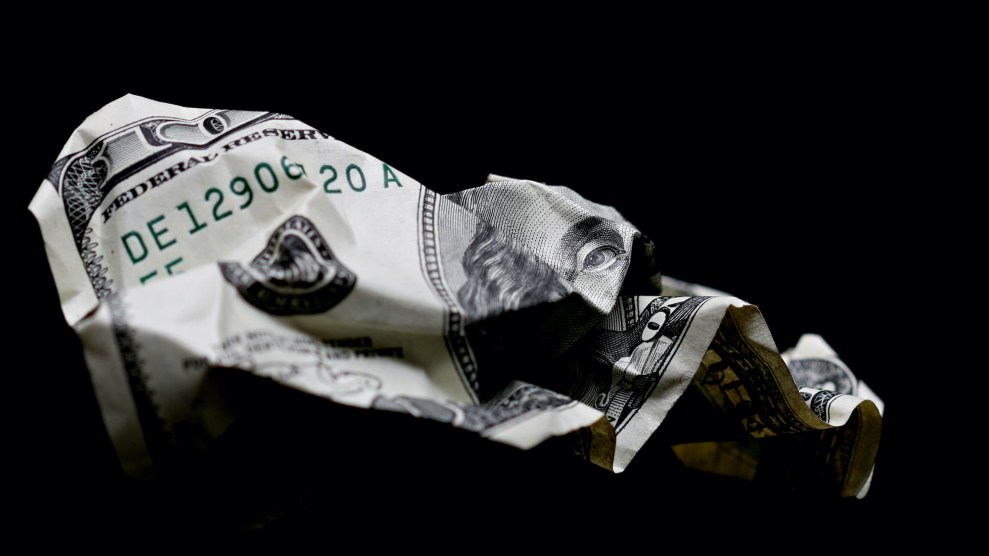
alptraum/Getty
On Sunday, BuzzFeed News published an investigative report showing how some of the world’s most powerful banks were aware of—but failed to stop—suspicious transactions totaling more than $2 trillion. Banks profited from these transactions, “facilitating the work of terrorists, kleptocrats, and drug kingpins,” BuzzFeed writes, and the US government, though aware, rarely intervened.
The investigation was based on a leak of more than 2,100 documents dubbed the “FinCEN Files” that BuzzFeed shared with the International Consortium of Investigative Journalists. FinCEN stands for the US Financial Crimes Investigation Network, an agency at the Treasury Department. Banks flag suspicious transactions made in US dollars to the agency, but most are not investigated; meanwhile, just by filing a report, a bank “all but immunizes itself and its executives from criminal prosecution,” BuzzFeed writes.
A trove of those reports, from transactions between 1999 and 2017, make up the FinCEN Files. Journalists digging into the documents found that they documented transactions facilitating suspected Russian and Taliban money launderers, a Ponzi scheme, and corrupt politicians. Meanwhile, even banks that were previously fined for failing to stop the flow of dirty money—including JPMorgan, HSBC, Standard Chartered Bank, Deutsche Bank, and Bank of New York Mellon—continued the same behavior, and continued to profit from it.
















